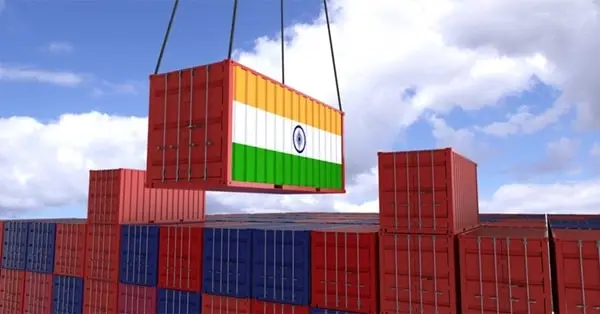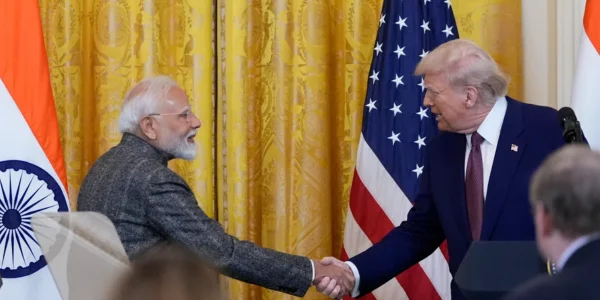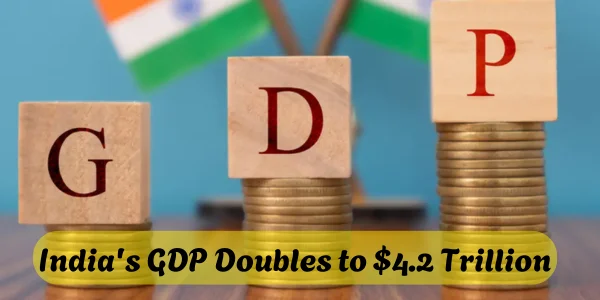Calls For Exemption: Exporters Push Against 45-Day Payment Rule For Mses
Indian exporters have fervently appealed to the government for exemption from the recently introduced 45-day payment rule for goods procured from micro and small enterprises (MSEs), citing its adverse impact on their operations. Expressing their concerns in a letter addressed to Prime Minister Narendra Modi, heads of prominent export promotion councils and federations of Indian export organizations have urged for the waiver of export companies from Section 43B(h) of the Income Tax law.

The recently instituted rule, Section 43B(h) of the Income Tax Act, introduced under the Finance Act of 2023, aims to ensure timely payments to small-scale businesses. It enables companies to avail tax benefits by adhering to payment timelines specified by the Micro, Small, and Medium Enterprises Development (MSMED) Act of 2006. Specifically, it mandates payment within 45 days under agreement, and within 15 days in the absence of such agreements. Failure to comply with these deadlines renders the expenses non-deductible for tax purposes.
Expressing their concerns through a letter dated February 16, heads of major export promotion councils and the Federation of Indian export organizations emphasized the unique challenges faced by the export sector. They stressed the fundamental disparity between domestic transactions and export operations, urging for distinct considerations.
In their appeal, exporters are sharing the unique challenges they face, particularly in international trade. They stress that while payments for exports typically materialize within an average span of 120 days, the RBI provides a generous nine-month window for realizing export proceeds. This stark contrast is compounded by longer lead times of approximately 90 days for export consignments compared to a maximum of 14 days for domestic shipments within India. Additionally, exporters often find themselves grappling with prolonged payment cycles, as buyers typically settle invoices only upon receipt of goods, further elongating the payment timeline to 120 days.
Compounded by geopolitical uncertainties, exporters find themselves grappling with heightened inventory maintenance requirements. This circumstance, coupled with the exigencies of the global market, underscores the imperative for flexibility in payment regulations.
Should exemptions not be granted, exporters propose an extension of the payment window from 45 days to 120 days to alleviate liquidity strains. Moreover, they urge the government to consider temporary exemptions spanning several years to ease the transition.
While acknowledging the government’s intent to bolster the financial stability of MSEs through Section 43B(h), economic experts caution against its potential ramifications. The Global Trade Research Initiative (GTRI) contends that while well-intentioned, the rule could engender heightened compliance burdens and financial strain on businesses.
GTRI founder Ajay Srivastava urges policymakers to consider exempting exporters entirely from the provision, citing the RBI’s leniency towards realizing foreign payments over nine months. Highlighting China’s practice of extending generous credit lines to buyers, Srivastava cautions that the current regulation could jeopardize India’s export competitiveness and undermine its economic growth trajectory.
Srivastava proposes a holistic approach that encompasses exemptions for exporters, a non-retrospective application of the provision from April 1, 2024, and the inclusion of medium enterprises within its ambit. Such measures, he argues, are essential to foster growth, sustainability, and global competitiveness across all strata of Indian enterprises.
In delineating the scope of MSEs, it’s important to note that micro-enterprises are defined as units with investments in plant and machinery not exceeding Rs 10 million and turnover not surpassing Rs 50 million. Similarly, small enterprises are characterized by investments not exceeding Rs 100 million and turnover below Rs 500 million. Medium enterprises, on the other hand, encompass units with investments not exceeding Rs 500 million and turnover not exceeding Rs 2,500 million.

